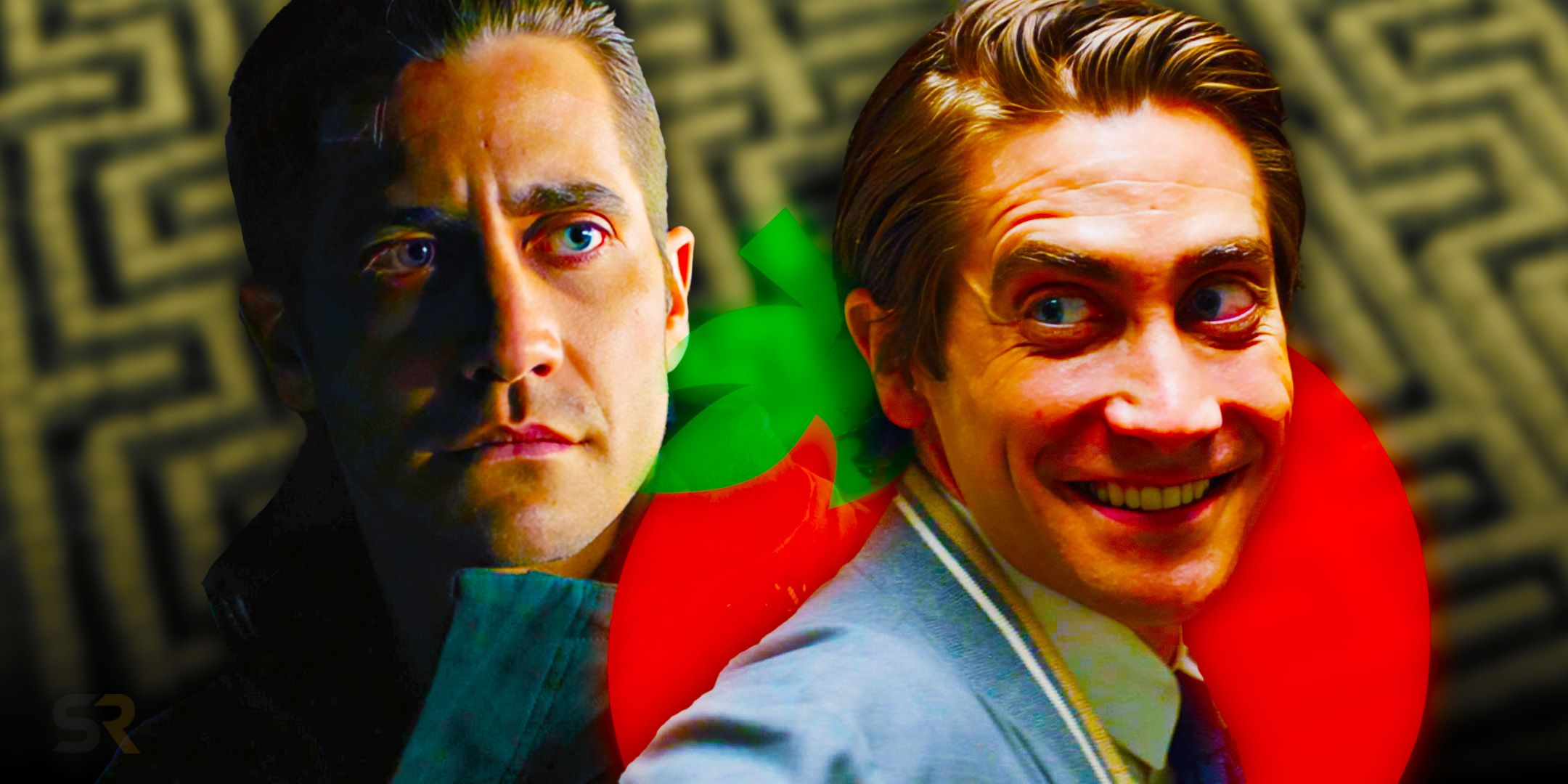
The final sequence of Prisoners has one of the boldest endings in Denis Villeneuve's impressive oeuvre, and its conclusion is crucial to the outcome of the film's gritty, intricate narrative. The crime thriller follows Detective Loki (Jake Gyllenhaal) and Keller Dover (Hugh Jackman) as they search for two girls after they disappear from a Thanksgiving dinner. Prisoners takes an incredibly dark turn when Keller takes control of the situation, torturing the would-be kidnapper, Alex Jones (Paul Dano), before the film's exceptional climax.
Prisoners enigmatic ending intentionally leaves the film open, but the uncertain outcome of Keller's fate was not the only version considered. It's important to note that Villeneuve originally filmed two different endings for Prisoners before reaching the ambiguous conclusion. The story highlights the effort people make for their loved ones and doesn't shy away from delving into the intense psychological trauma of its characters. These dark themes and the aggressive nature of the protagonists prove endlessly that Prisoners' alternate ending was not suitable for the film. Instead, the conclusive finale reestablishes the dark message of Prisoners.
Prisoners' open ending was a bold way to end the film
Keller Dover's fate remains unknown
Perhaps the most impressive aspect Prisoners it's how every moment of the two-and-a-half-hour running time is crucial to the journey of its central characters. Villeneuve deftly makes use of each interaction to ensure he answers all future mysteries, meaning that leaving Keller's fate open-ended was an extremely bold way to wrap up the final moments of Prisoners. After discovering that Holly (Melissa Leo) is the kidnapper, Keller confronts her before she injures her leg and immediately forces him into an underground pit. The final scene shows Detective Loki exploring the property and hearing Keller's signature whistle before Prisoners abruptly cuts the credits.
It must be said that the audience is easily drawn into the mystery of Anna and her friend's disappearance due to Villeneuve's superbly detailed visual style and dark storytelling method. Therefore, ending the film with such an uncertain outcome for its main protagonists could easily risk exasperating Prisoners'public. Screenwriter Aaron Guzikowski spoke (via BuzzFeed) in a testament to how daring the script was, saying: "I was very surprised that we were allowed to keep that ending. I was surprised I was able to make the film, actually. It's a pretty dark script. Especially ending the way it does."
A more traditional ending would have hurt Villeneuve's prisoners
A complete ending would have destroyed Denis Villeneuve's vision
Prisoners thrives on an incredibly vague ending because of its main concept of 'show, don't tell' assumed throughout most of the film, meaning a definitive ending would have undermined many of the themes that Prisoners worked so hard to establish. There are many twists and turns throughout Prisoners as it explores multiple difficulties and many heavy subjects. Loki meeting Keller at the end would have been a conclusively happy ending to the story, and ultimately would have felt much more out of place amidst the acts of moral turpitude.
In the version that has a more traditional ending, Detective Loki locates Keller's whereabouts in the underground bunker.
Guzikowski that PrisonersThe alternate ending was recorded primarily to appease studio executives in case they had rejected Denis Villeneuve's original vision for the film. In the version that has a more traditional ending, Detective Loki locates Keller's whereabouts in the underground bunker. However, all creative parties involved in the Prisoners agreed that the darker ending served the film better, and the film was much better for it.
Source: BuzzFeed